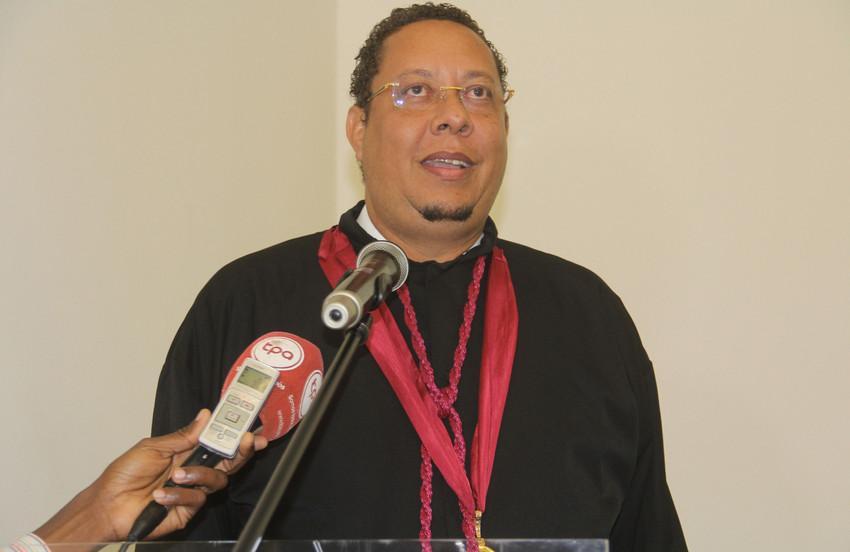Africa-Press – Angola. The president of the Angolan Bar Association (OAA), Luís Monteiro, defended, this Thursday, in Luanda, the reactivation of the Regional Court of the Southern African Development Community (SADC), suspended in 2010.
When speaking at the XXIII Conference and Annual General Assembly of SADC-LA, which runs until the 22nd, he highlighted that there is a need to reopen the Court, aiming to consolidate “the defense of the interests of citizens and companies in the region”.
Likewise, Luís Monteiro called on Member States to create a private investment support fund to be used by interested parties in the areas of commerce, agriculture, industry and the provision of legal services, as well as the mobility of people and goods.
According to the president, the community must take the path of diplomacy and dialogue in search of political solutions in favor of the common good.
“Our common fight focuses on defending the rights and interests of citizens and companies, and we are all committed to defending human rights,” he said.
He mentioned that Angola had, until 2019, a total of two thousand and 500 lawyers, a number that, in four years, rose to 10 thousand and 500, of which four thousand and 500 are interns.
The current number, according to the president, is not desirable for the OAA, as the country needs 20 thousand lawyers, to reduce the current imbalances in their distribution.
The majority of lawyers, he stressed, are concentrated in Luanda, a province with around 73 percent of professionals registered with the OAA, an organization created in September 1996.
In turn, lawyer Benja Satula considered that the conference’s themes are relevant because advocacy and sustainable development in SADC raises a challenge and perspective of approach that has not yet been undertaken in Angola.
“Talking about democracy and advocacy are two inseparable realities, an exercise that often conflicts with what is reflected in the law,” he said.
Regarding the practice of Angolan lawyers in SADC, he reiterated that the professional exit model still does not offer great guarantees of internationalization and the lack of legislative dialogue with countries in the region continues to be an obstacle.
“SADC still does not produce directives that oblige States to transpose to standardize their way of being and acting,” he said.
In his view, for there to be an international dimension of action in SADC, a profound pro-active attitude on the part of the heads of State and the African Union is necessary.
The conference, which takes place under the theme “Re-engagement for the independence of lawyers and judges for the sustainable development of democracy in the SADC region”, brings together 170 delegates from the Southern region.
For More News And Analysis About Angola Follow Africa-Press






